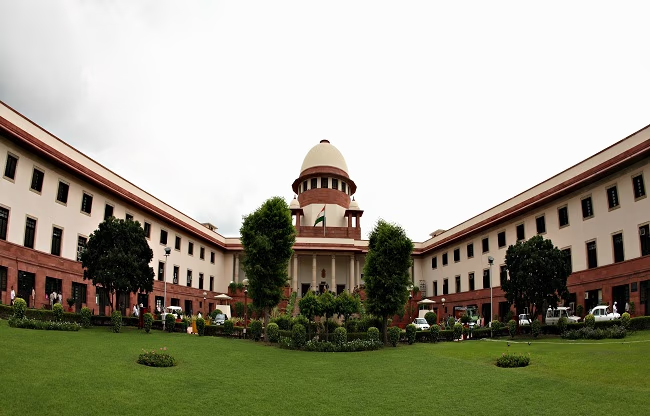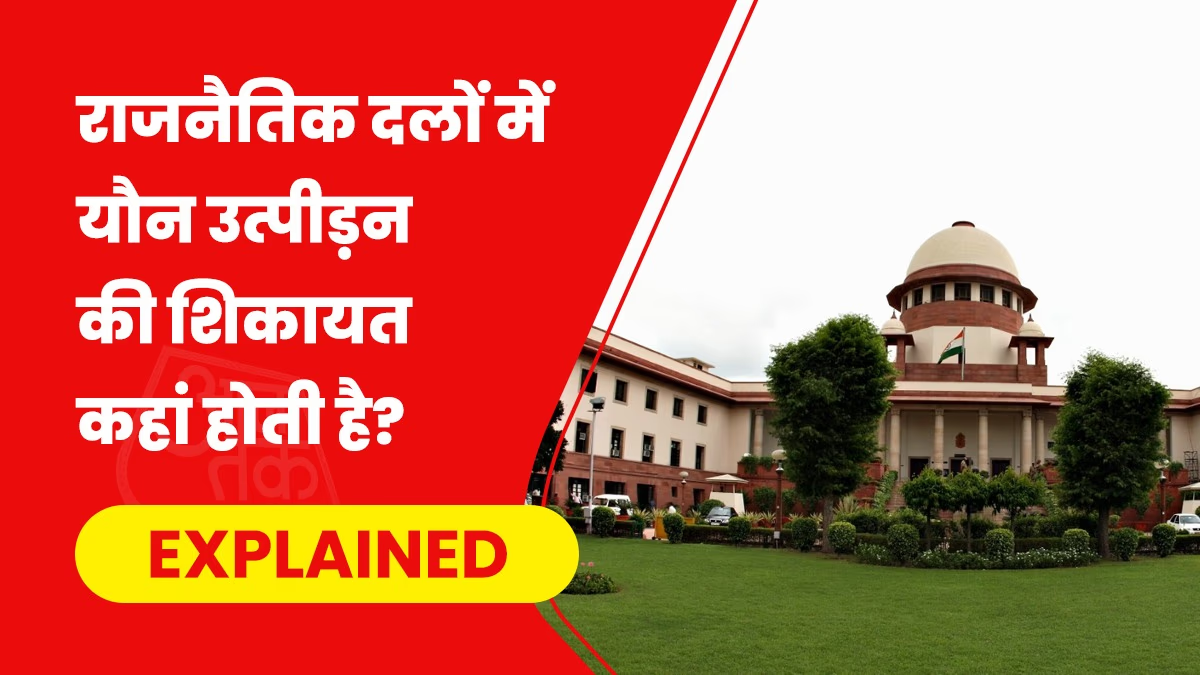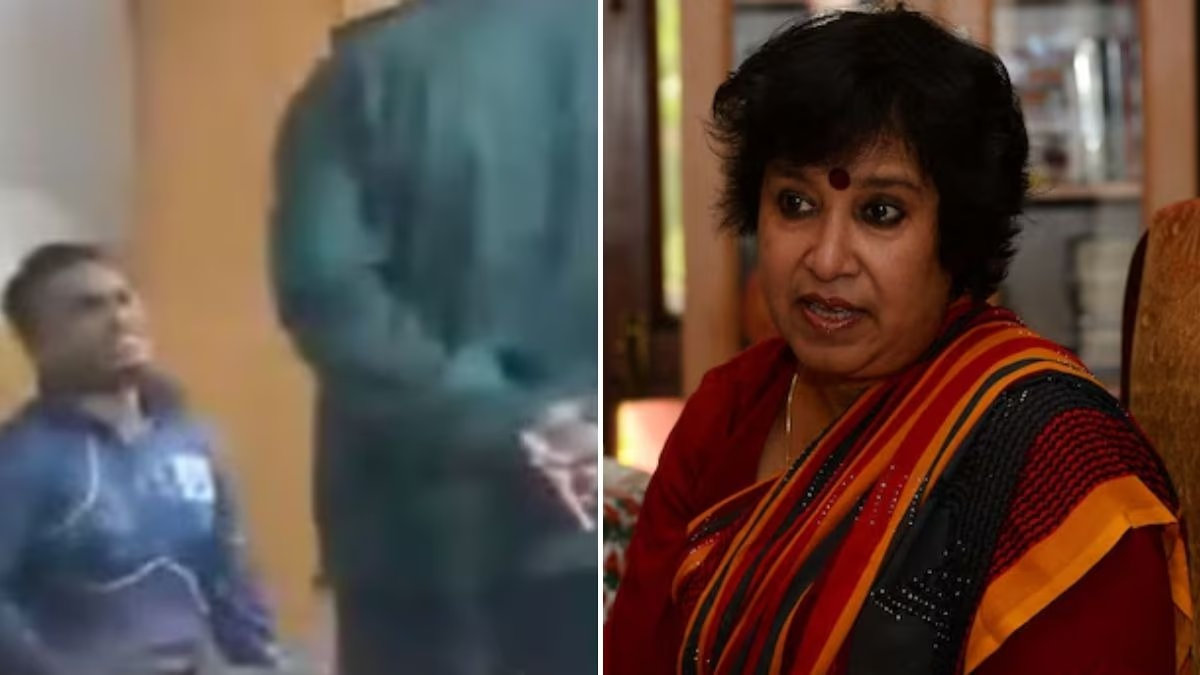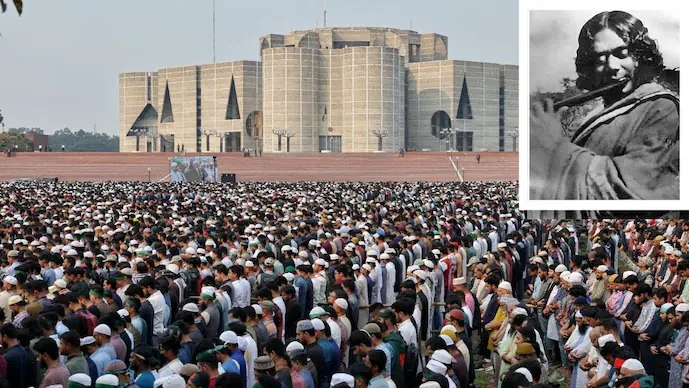In the wake of ongoing reports of violence against women, the Supreme Court is considering a petition calling for the application of the POSH Act to political parties. The POSH Act has been instrumental in addressing workplace sexual harassment. However, women working within political sectors are not covered under this, as separate committees handle such matters.
Justice Suryakant and Justice Manmohan advised the petitioner to first contact the Election Commission, as it is the only body capable of pressuring parties to develop robust systems for handling sexual harassment complaints.
What is the POSH Act and Where Does It Apply?
India enacted the POSH Act in 2013 to prevent sexual harassment of women at workplaces. Under Section 3(1), it mandates that workplaces should be safe spaces for women, applying to public institutions, private organizations, hospitals, sporting associations, and any entity that engages employees during professional activities.

Source: aajtak
Despite this, the likelihood of the Act being applied to political parties is slim. Prior to this hearing, only once had the Court engaged with this issue. The Kerala High Court once discussed petitions demanding internal complaint committees be established within TV, film, media, and political organizations.
In cases involving political parties, the Court acknowledged the absence of an employer-employee relationship and that these parties are not part of an institution or company within the scope of the POSH Act, thus exempting them from it.
What Constitutes Sexual Harassment Under POSH?
According to the 2013 Act, harassment can involve one or multiple inappropriate behaviors, either directly or indirectly. Examples include attempts at physical closeness, soliciting sexual favors, inappropriate remarks, exposing or attempting to expose pornography, and any form of physical, verbal, or non-verbal communication or conduct that discomforts the other party.

Source: aajtak
What Are Political Parties Currently Doing?
Currently, political parties establish their committees for internal matters. Take the Congress, for instance; they have Constitution and Rules that include office-bearers and subordinates. Higher-level officials have the authority to oversee the ethical conduct of committee members and take necessary actions if required. Similarly, the BJP maintains a Disciplinary Action Committee that functions at both national and state levels.
Both major parties have guidelines addressing breaches of discipline but lack dedicated provisions for sexual harassment, which could fall under other broad categories, like conduct damaging the party’s reputation. Additionally, these committees aren't required to include female members or outsiders, critically affecting the transparency mandated by the POSH Act.
Can the POSH Act Be Applied to Parties?
The Representation of the People Act of 1951 regulates the registration of political parties, urging any association or group claiming to be a political party to register with the Election Commission. The application should detail the party's name, headquarters, office bearers, and employees. Should the Court or Election Commission wish to impose the POSH Act on political parties, they must also designate who is the employer, as establishing an internal committee to handle workplace harassment cases is their responsibility.




